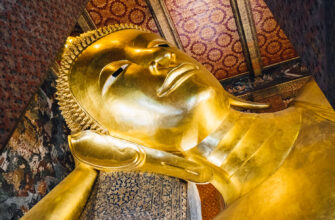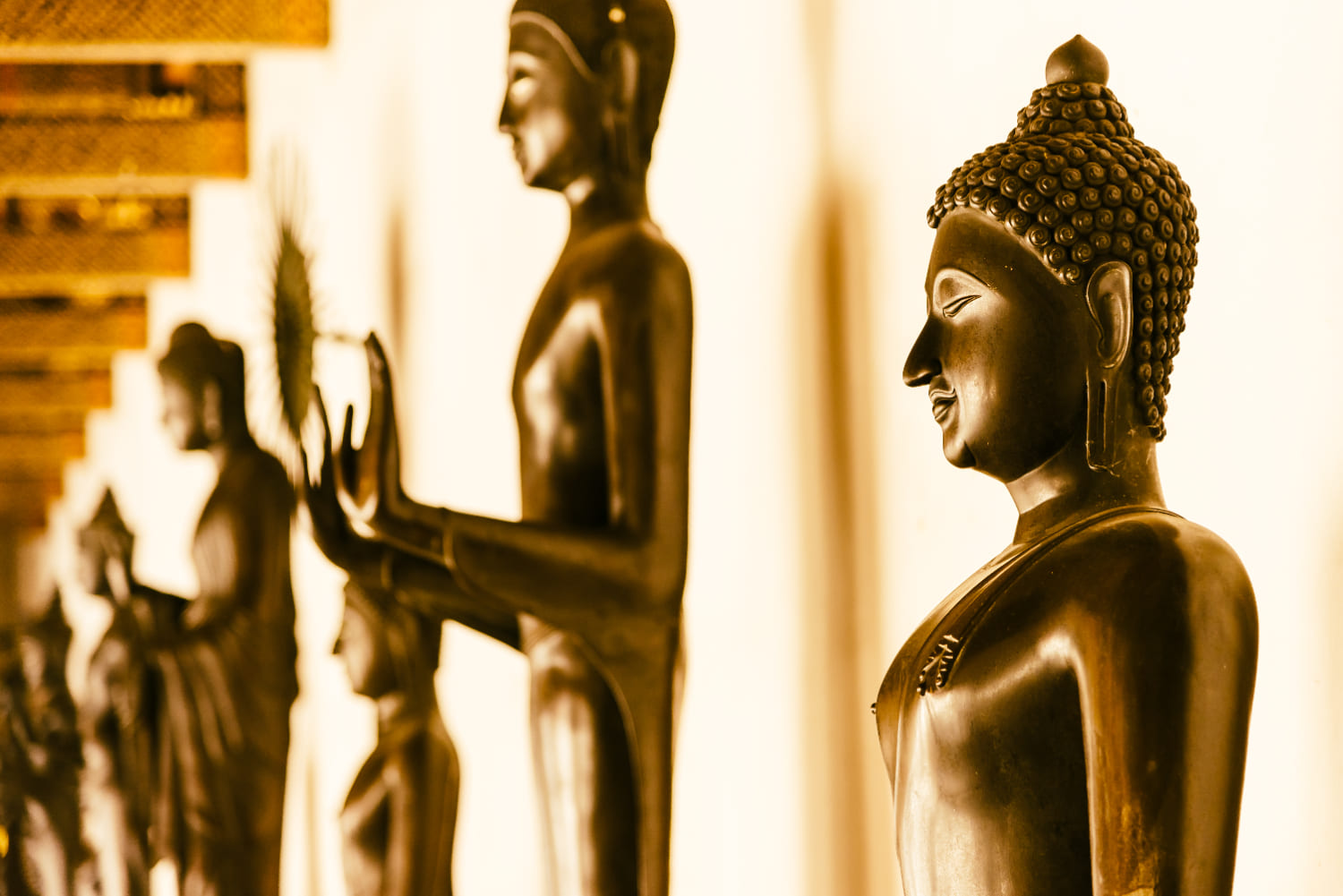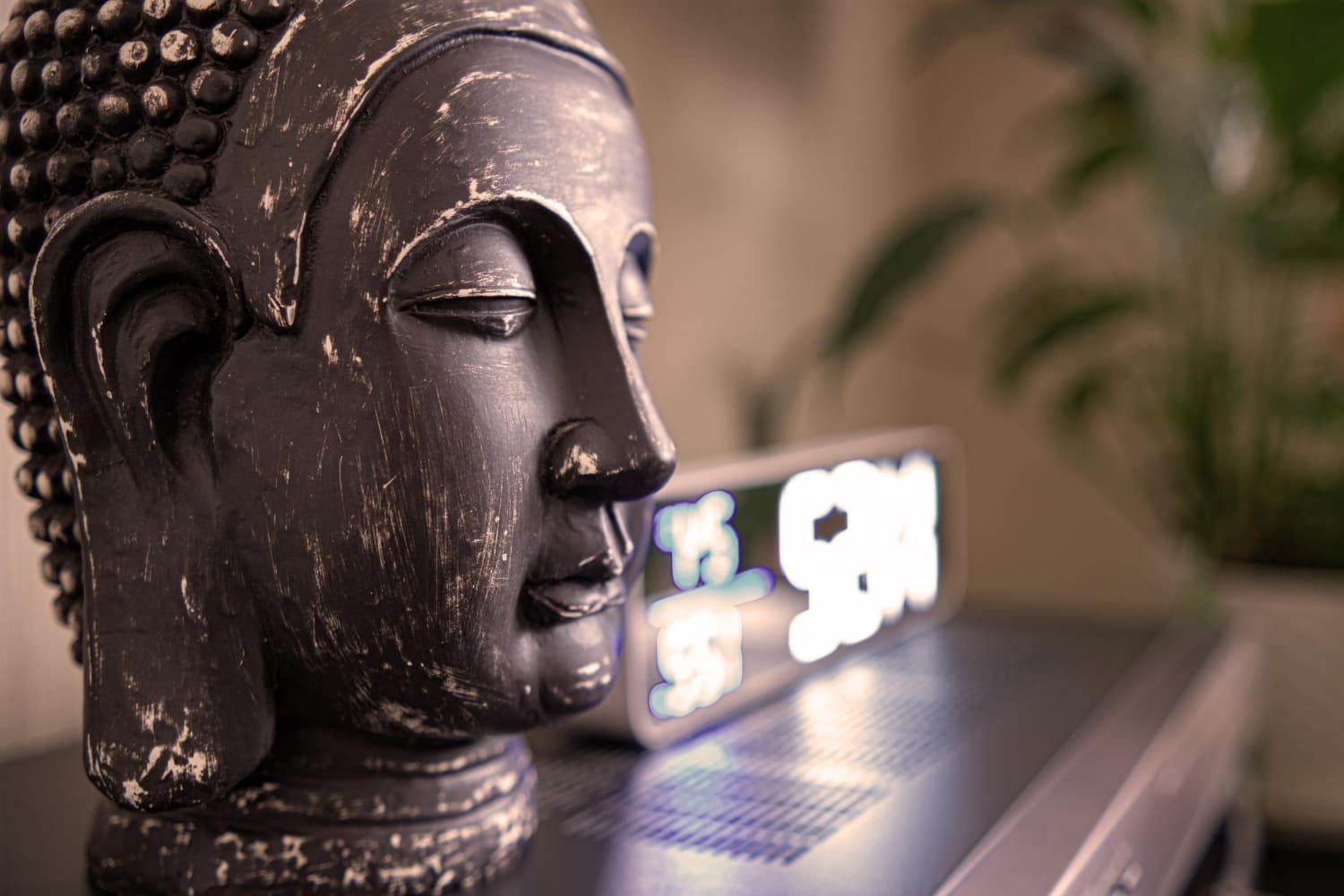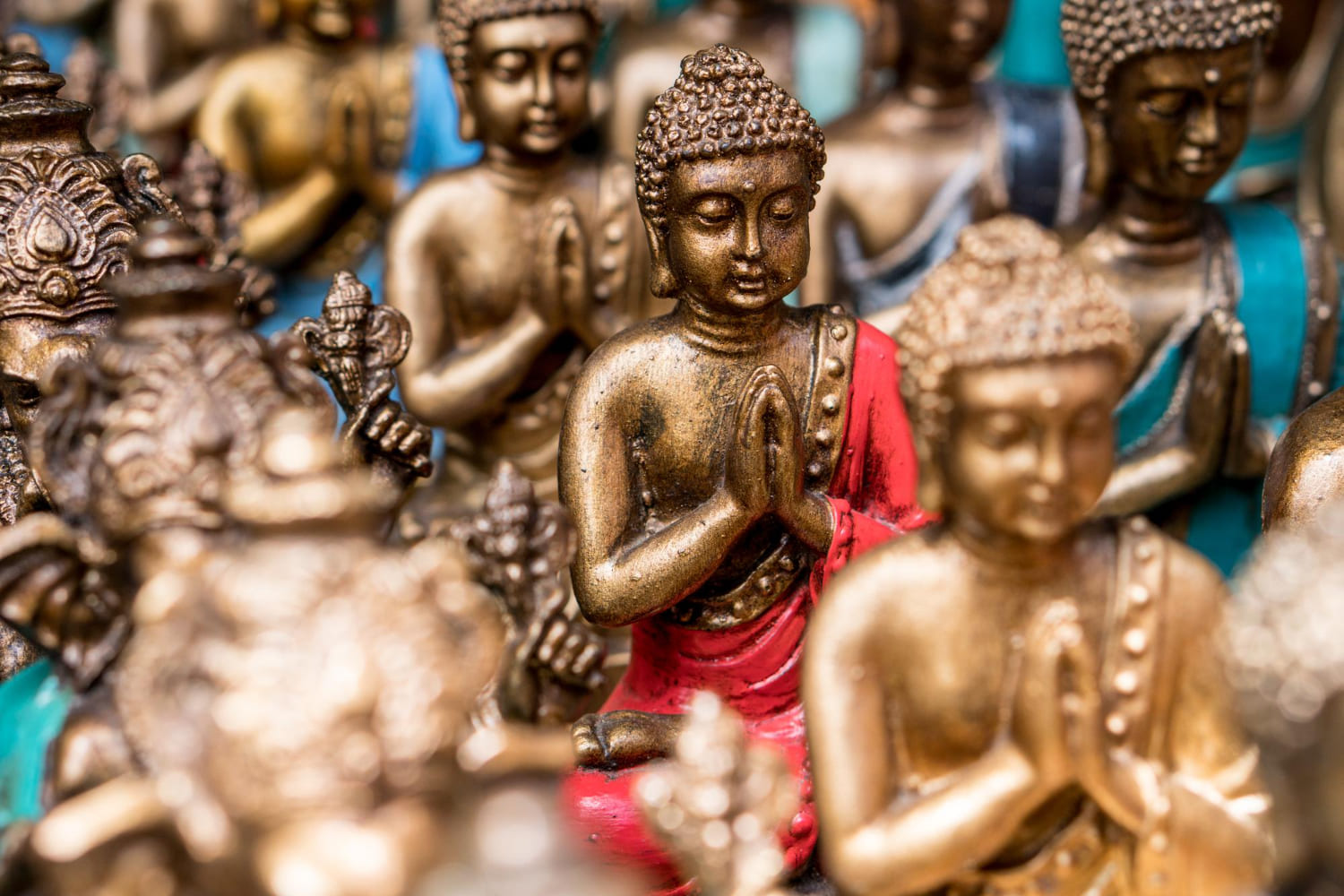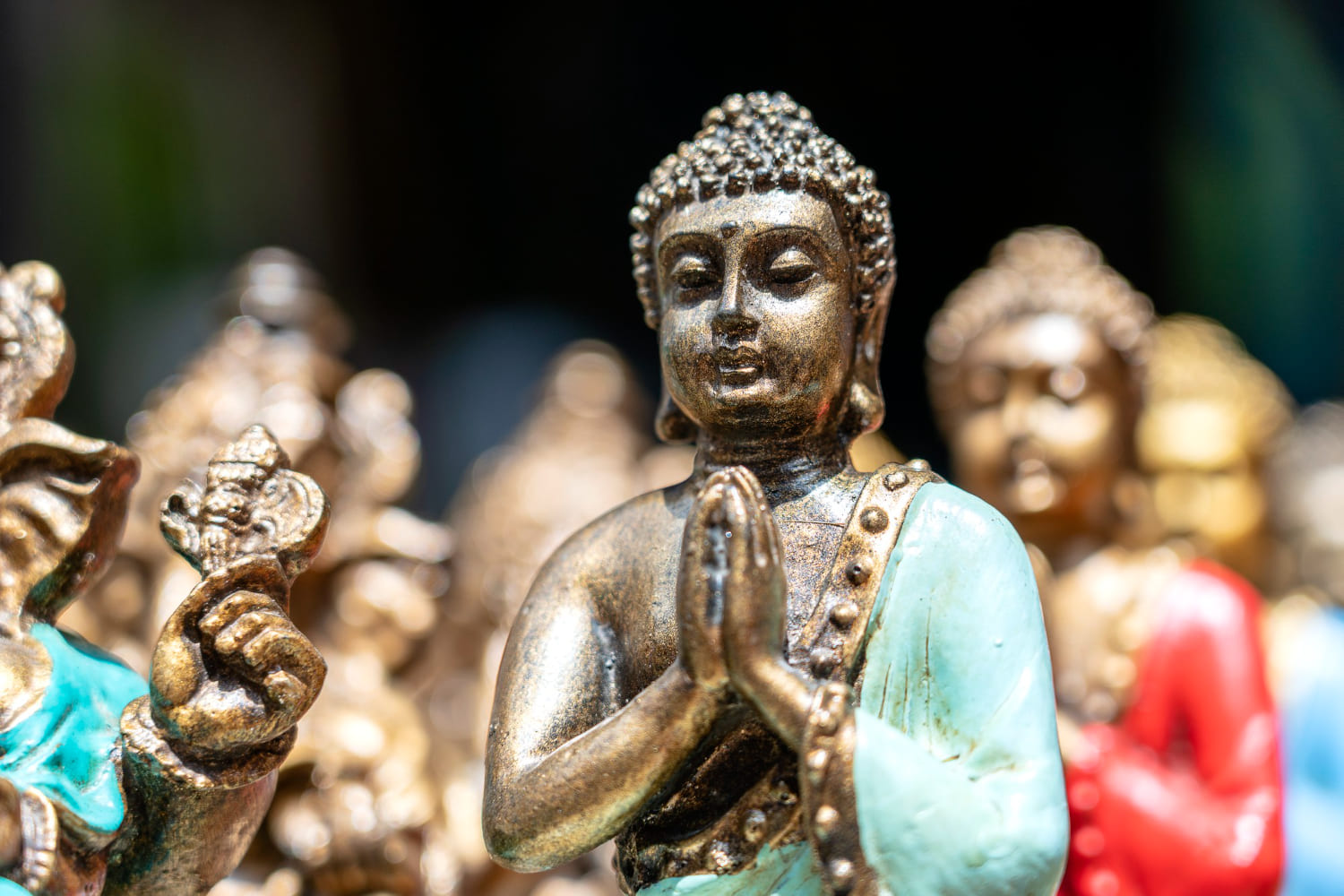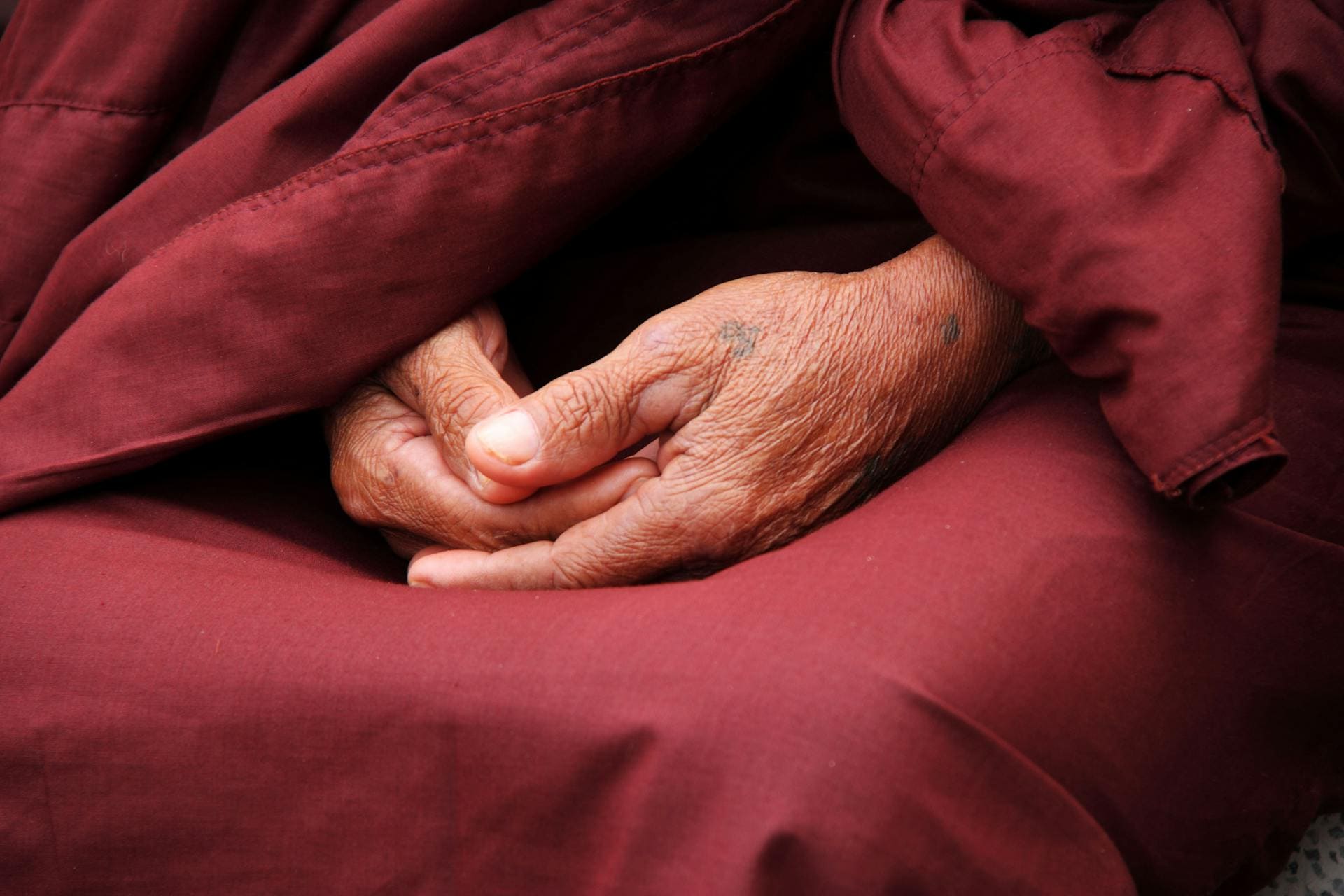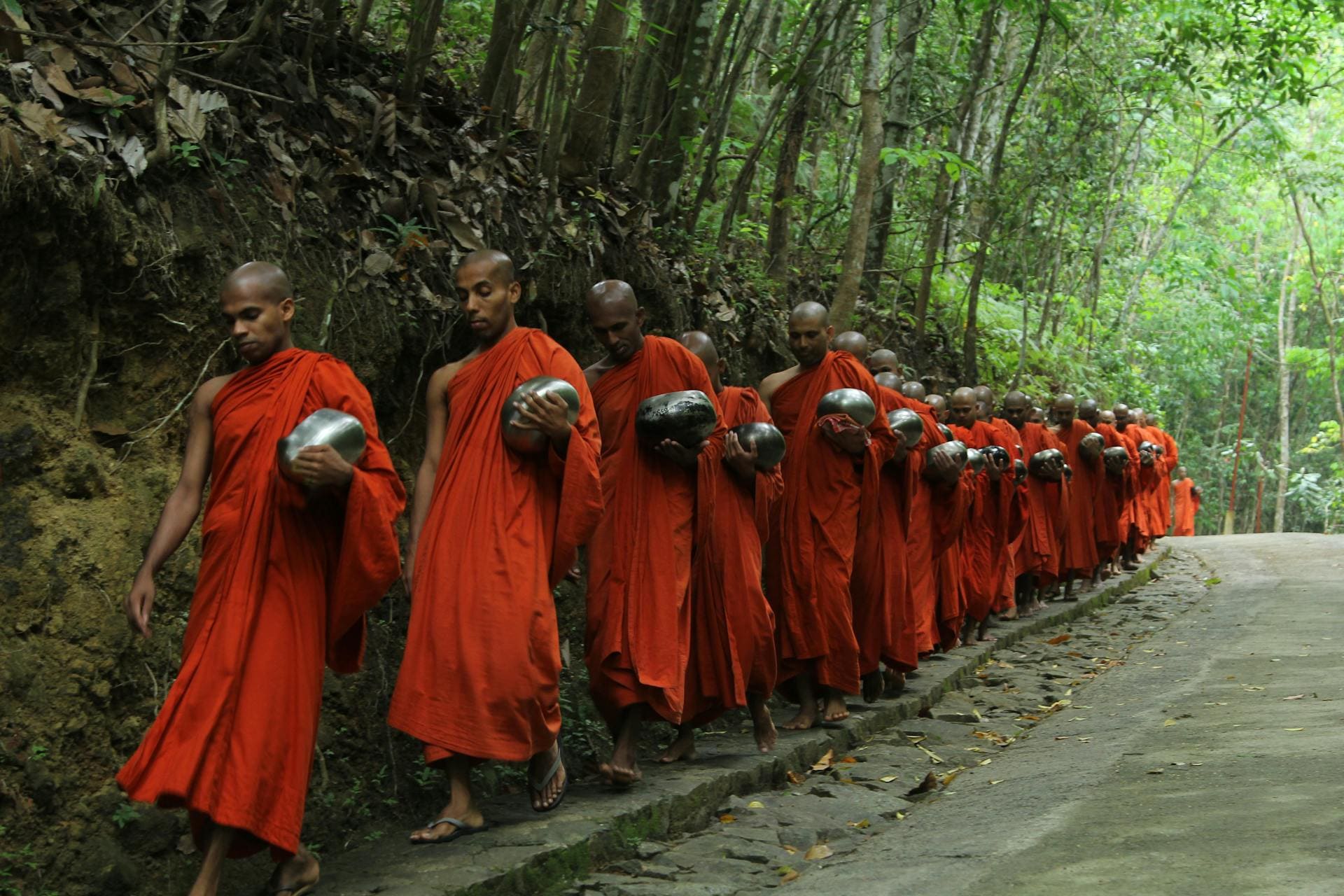Though there is a lot of fluidity and flexibility in the Buddhist belief system, there is one immutable law and core tenant for this faith and that’s the law of karma.
Yes, Buddhists believe in karma. Karma isn’t just a part of Buddhism, it is a bedrock component of the faith and one of the most important things that Buddhists should understand about how Buddhism works.
The idea here is pretty simple and straightforward – the decisions you make in your life, and the actions that you take are going to have a huge impact on how you are reborn after your passing.
Without karma, Buddhism falls apart completely.
Buddhism | Karma Beliefs
Buddhists believe in the strict law of karma, a law that is a physical manifestation of the “dependent arising” – or the law of cause and effect.
As we made mentioned a moment ago, Buddhists understand that every single thing you do in your life impacts every aspect of your life, but that it also impacts the how, the when, and the where of your rebirth as well.
Karma for Buddhists is a natural law of the universe, as immutable as the law of gravity, and something that “just exists”.
There’s no deity that needs to enforce the law of karma, no creator God that punishes or rewards based off of your karma.
Karma just is for Buddhists.
Karma and Rebirth
Because rebirth is a huge part of Buddhism, and because rebirth is heavily influenced by the karma that one accumulates during their time in this life (and every other life), karma is a core component of how Buddhists lead their lives on the pathway to awakening and enlightenment.
Those that have good karmic balances are able to move further along in their journey to enlightenment, while those with less than perfect karmic balances are going to have to sort of “restart” this phase of their journey again.
Everything (and we mean everything) that has to do with the rebirth of individual life in the Buddhist faith comes down to the karmic accounting that’s done at the moment of death.
At the end of the day, Buddhists believe that the birth of an individual and the circumstances surrounding that birth have little to no impact on who they become or how they act – or how their rebirth is handled going forward.
Circumstances will not play a role in rebirth. Instead, the deeds of every individual will significantly impact not just their progress to enlightenment but also how they are reborn going forward.
Understanding Karmaphala
Karmaphala (fruit of action) is another important concept to understand in the Buddhist faith.
The idea here is that karma can influence future consequences one way or another, with every single decision we have influencing not only what we chose to do but also what happens to us, how others, and so much more.
Good actions assist individuals on the pathway to more wholesome births and rebirths, whereas negative actions are going to have a negative impact.
The cycle of rebirth continues on and on, with every Buddhist having an opportunity to “reset” by leading a more positively karmic life upon each rebirth.
Closing Thoughts
Karma is a main component of the Buddhist faith, maybe the most important component when you really look at just how big of an outsized impact it has not only on the life and death of individuals that believe in Buddhism but also on how they are reborn going forward.
Those that are true believers in Buddhism make every decision in their life (no matter how small or trivial that decision may seem at first) with a full understanding that it will have an impact on every other decision they make.
This inevitably means that every decision will help influence how Buddhists are reborn after they pass, with a full accounting done (good or bad) and the universe deciding how that being should be reborn moving forward.
It’s impossible to separate karma from Buddhism. It’s woven right into the fabric of the belief and religion, and without karma.
Without the impact that karma has on the lives of Buddhists – the rest of the Buddhist religious structure would fall apart completely.
